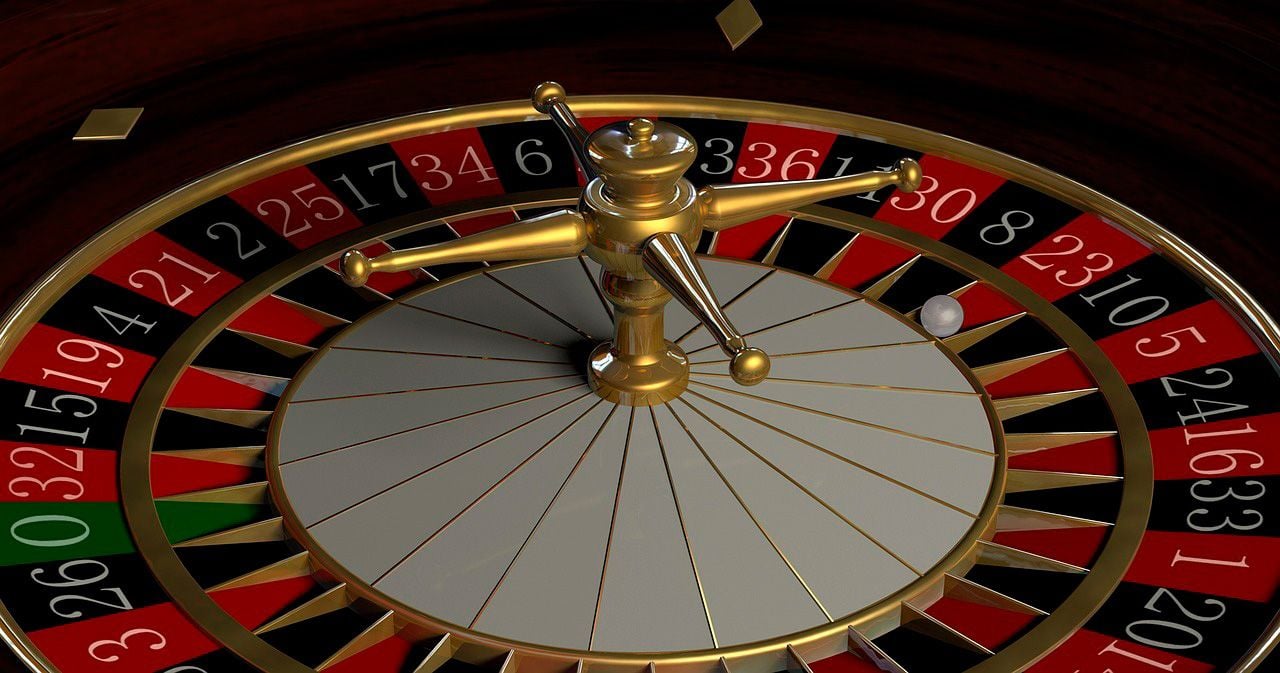
Video gaming, featuring its colorful designs and enticing noises, has become a common form of entertainment for numerous individuals. The rush of pulling a lever or pressing a key can create an electrifying high, luring players into a space where dreams of hitting the jackpot often capture attention. However, underneath the shiny exterior lies a troubled fact that can lead to a dangerous path for a significant number of gamblers. The venture, while appearing harmless at the outset, can quickly transform into a quest that drains not only bank accounts but also psychological stability.
As players get more involved in their search for that fleeting grand prize, they may start to chasing losses, believing that a larger payout is just about to happen. This mindset can trap individuals in a vicious cycle, causing them to gamble more in the hopes of recovering what they have spent. The underbelly of slot gambling exposes how easily one can become caught in a web of fixation and despair, underscoring the need for increased knowledge and comprehension of its latent pitfalls.
Understanding Slot Machines
Slot machines have become a favored form of amusement in gambling establishments across the globe, captivating participants with their luminous illuminations, enthralling auditory effects, and the rush of maybe hitting a prize. slot mahjong 2 These machines operate on random number generators, ensuring that all spins is unique and uncertain. This configuration creates an all-consuming environment, often causing players to feel they have a shot of striking it rich, despite the chances being dramatically against them.
The core principles of a slot device are simple: participants put in cash, choose a stake, and turn the drums. Each device provides different designs, winning lines, and bonus features, enhancing to the variety and thrill of the play experience. With the rise of virtual casinos, users can currently play online slots from the ease of their houses, further heightening their appeal. However, the ease of online slots can lead for gamblers to overspend their losses.
Grasping the psychology behind these devices is important for understanding their compulsive nature. Many players are captivated by the unpredictability and excitement associated with all spins, which can lead to a pattern known as "chasing losses." This behavior takes place when individuals continue to play in the hopes of getting back their losses, often leading to further financial issues and economic hardship. It is vital for gamblers to remain aware of their boundaries and manage gambling on slots with prudent judgment.
Understanding the Psychology Behind Loss Chasing
Chasing losses is a common mental phenomenon among video players. When individuals undergo a defeating session, the psychological impact can be significant, leading in emotions of discontent and hopelessness. This response often drives them to continue gambling in hopes of recovering their losses. The urge to recover lost money can supplant rational thinking, pushing individuals further into a cycle of escalating wagers and amplified risk.
The mind plays a key role in this behavior. Gamblers may feel a surge of excitement when they achieve a victory, which reinforces the belief that they can turn around their losses through additional gambling. This "near-miss" phenomenon, where a player nearly succeeds, can also lead to increased determination to continue gambling, despite the growing losses. Emotions like hope and determination can trap players, making it challenging for them to recognize the diminishing returns of their efforts.
Additionally, societal pressures and prevailing narratives around fortune can exacerbate this tendency. Many gamblers believe in "achieving lucky" or that a substantial win is imminent. Such beliefs can prevent players from accepting the reality of their losses and drive them to pursue after false gains. As a result, slot gambling can turn into a slippery slope, where the urge to retrieve money leads to even greater losses and an eventual disconnection from reality.
Consequences of Betting Dependence
Gambling addiction can lead to severe economic difficulties, as individuals often find themselves caught in a loop of chasing losses. This relentless pursuit can result in substantial debt, causing stress and anxiety that can permeate all aspects of life. As gamblers spend more funds trying to make up for losses, they may exhaust their savings and even turn to borrowing or theft, leading to a negative spiral that can be hard to break free from.
The impact of gambling addiction extends beyond monetary problems; it can seriously damage personal relationships. Friends and family may feel neglected or hurt as the gambler places above all their addiction over meaningful connections. Trust often deteriorates, leading to feelings of isolation and despair, which can further worsen the addiction. Loved ones may struggle to comprehend the behavior, causing rifts that can take years to mend.
Additionally, the psychological consequences of gambling addiction cannot be overlooked. Many individuals face heightened levels of anxiety, depression, and stress as they struggle against their addiction. The combination of these emotional burdens can lead to a negative cycle, where the gambler seeks comfort in more betting as a way to cope with their emotions. This struggle can result in chronic psychological issues, making recovery a difficult and complex process.
